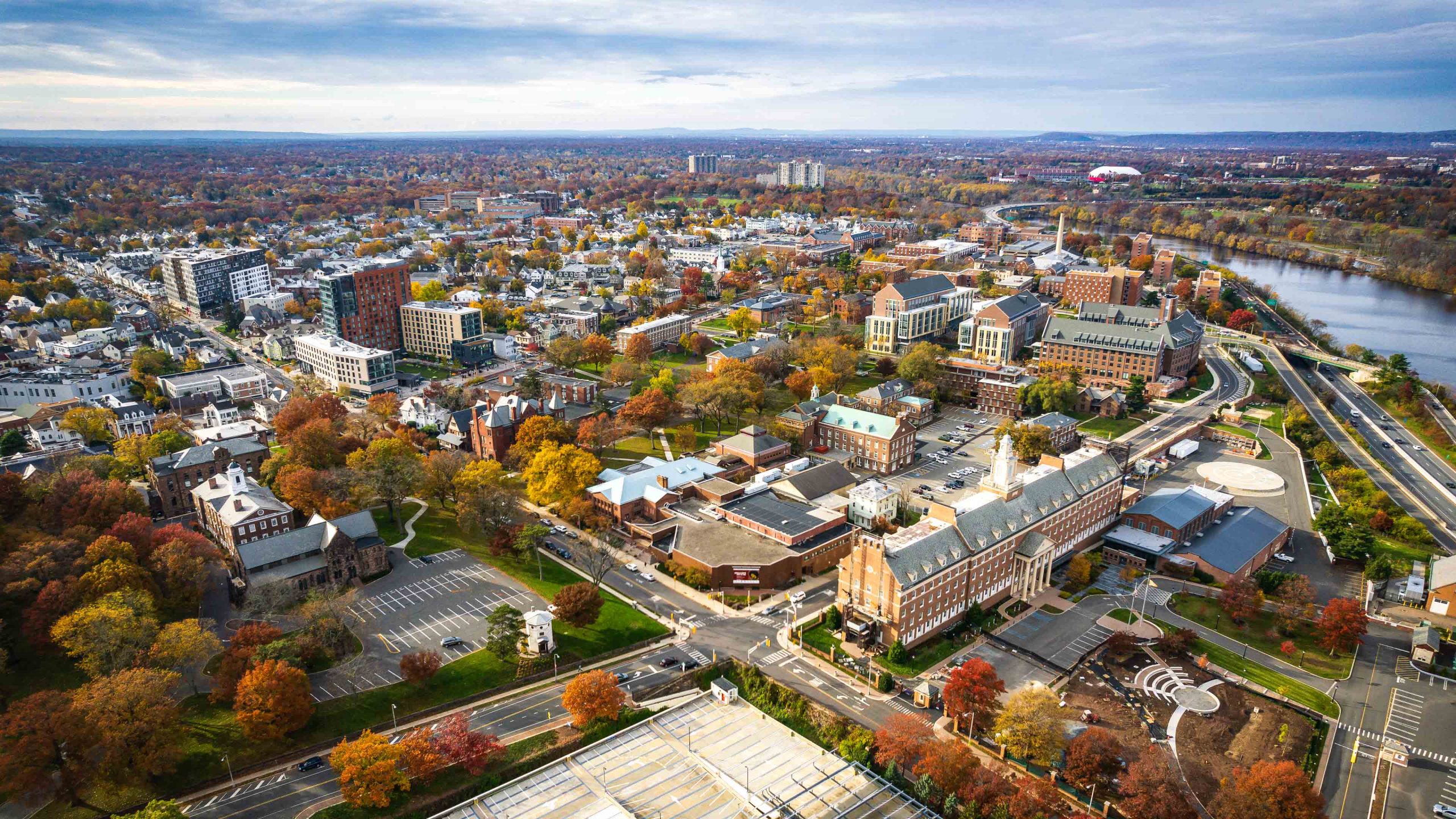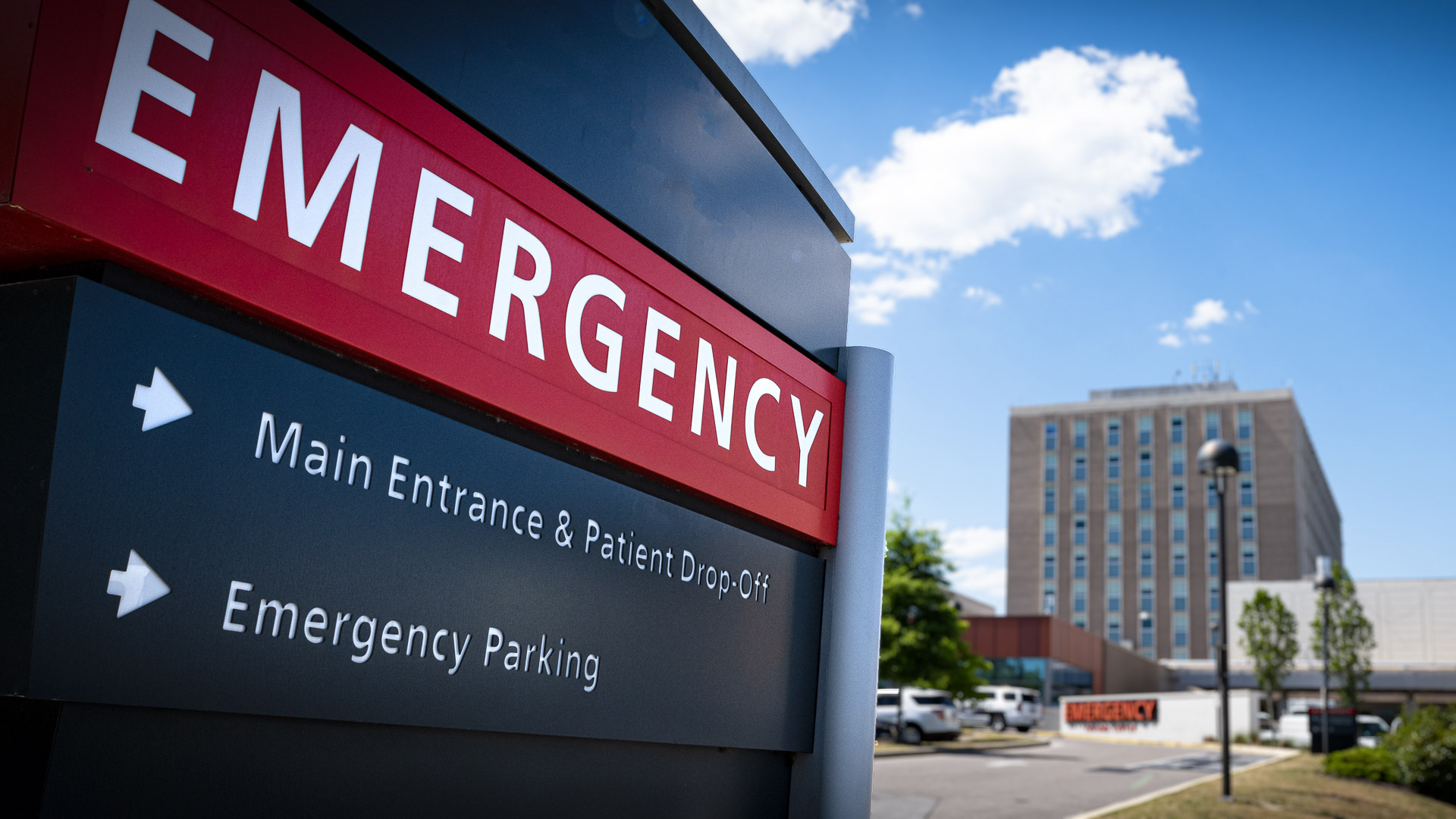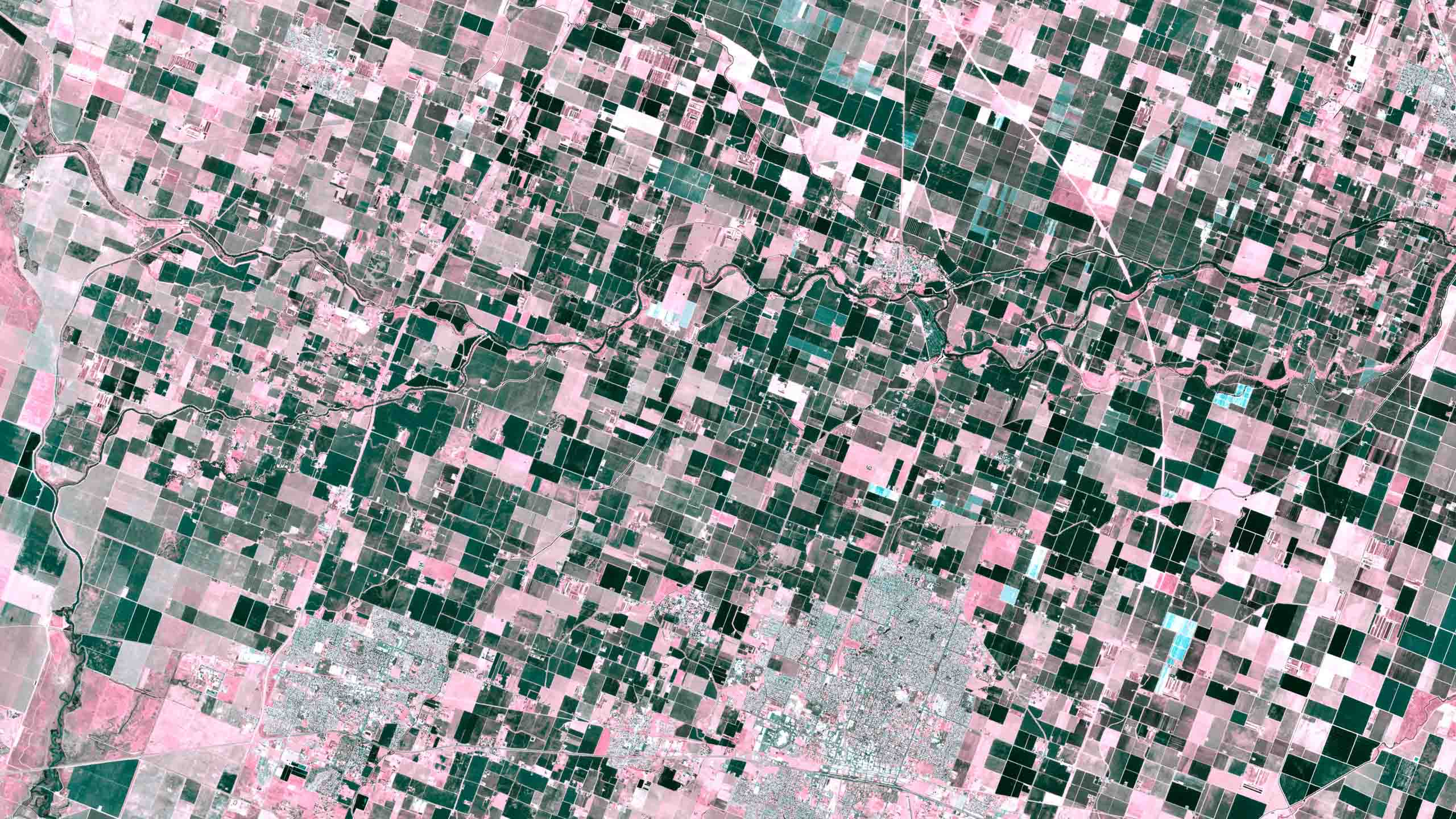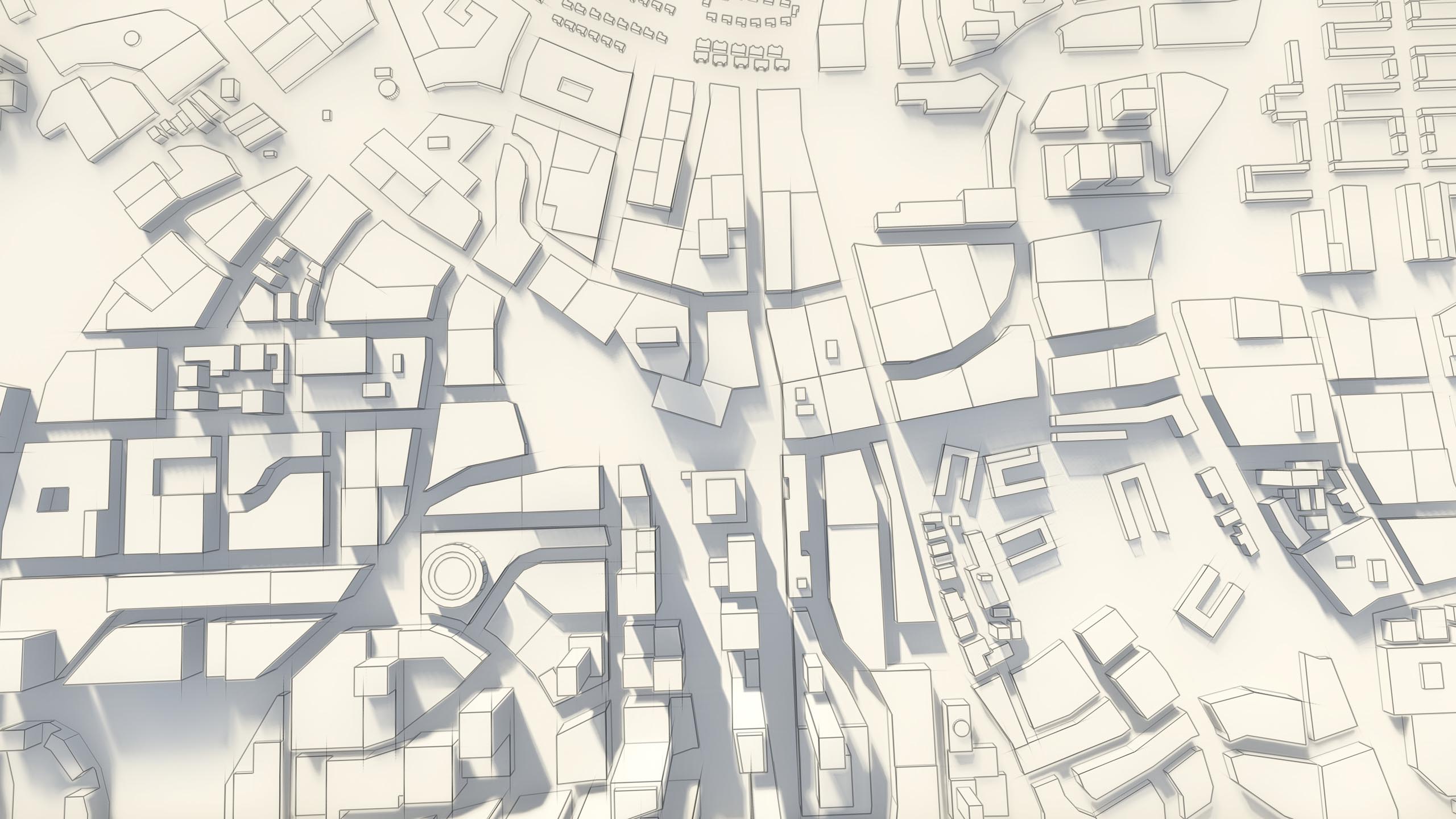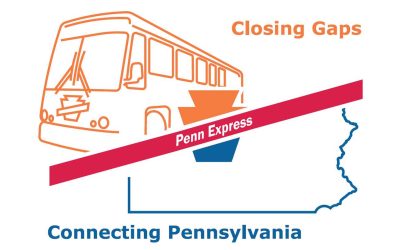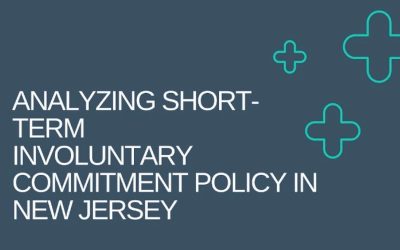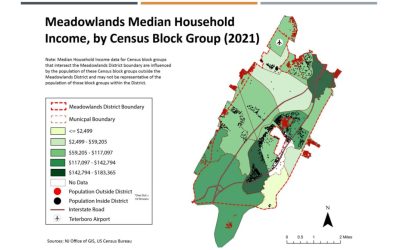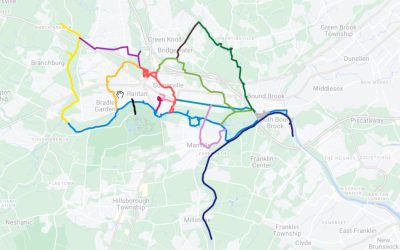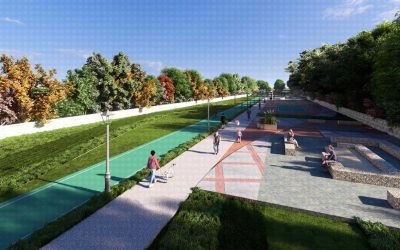Graduate Programs
The Bloustein School educates a highly select pool of students, preparing them for both public and private sector careers, teaching and research professions, and service to communities and at all levels of government. Our students are often employed in the following areas:
- Design of Healthy Communities
- Community Development
- Employment and Social Policy
- Environmental and Land Use Policy
- Health and Human Services
- Housing and Real Estate
- Political Processes
- Regional Development and Planning
- Transportation Policy and Planning
- Urban Redevelopment
As one of the strongest policy schools in the nation, the Bloustein School has the capacity to address local, state, regional, national and international policy and planning issues with expertise and credibility. The School is a leader in such areas as smart growth, transportation planning, workforce development, and designing socially just, economically resilient and healthy communities, building on its teaching strengths with research centers in related areas. The Bloustein School is also distinctive in its simultaneous focus on graduate and undergraduate education.
Graduate Degree Programs
Public Policy
The Bloustein School’s Graduate Program in Public Policy is designed to fill the need for highly trained individuals to work on complex public policy problems. Students develop and refine their competence in analytic and quantitative skills, forming a thorough understanding of the political institutions and processes through which public policies are formulated and implemented.
Urban Planning and Policy Development
The Bloustein School’s Graduate Program in Urban Planning and Policy Development is future-oriented and comprehensive. It seeks to link knowledge and action in ways that improve the quality of public and private development decisions affecting people and places. Because of its future orientation, planning embraces visionary and utopian thinking, yet also recognizes that the implementation of plans requires the reconciliation of present realities to future states. To become effective and ethical practitioners, students in the program must develop a comprehensive understanding of cities and regions, and of the theory and practice of planning. They must also be able to use a variety of analytic methods in their practice. They must become sensitive to the upstream factors influencing healthy communities, and the ways in which planning affects individual and community values, and must be aware of their own roles in this process.
Health Administration
The Master of Health Administration program is tailored for students who have completed a bachelor’s degree and who work or plan to work in the health care industry. The MHA is also suitable for those seeking to make a career change or the health practice professional moving into a management position. The program provides students with an interdisciplinary education focused on improving population health, health care, health systems, and policy. While students receive rigorous training in economics, ethics, law, leadership and disciplines similar to those in an MBA curriculum, the Rutgers MHA is specifically tailored to the health care sector.
Public Informatics
The Master of Public Informatics provides the vehicle for educating professional student cohorts in the competencies needed in urban and public informatics: statistics, programming, data management, data analytics, visualization, spatial analysis, applications and the integration of these skills. Graduates of the program will bring a critical voice and a deep understanding of context to an emerging field serving the range of planning, public policy, informatics and urban health fields.
Doctorate (PhD) in Planning and Public Policy
The Doctor of Philosophy (PhD) degree in Planning and Public Policy, offered through the Graduate School-New Brunswick, is an advanced scholarly degree appropriate for students seeking a career in university teaching and research, or a leadership position in planning and public policy in the public, private or non-profit sector.
Certificates
Certificates are groupings of five or so courses offered by key, multiple departments that if taken, indicate that the student has developed cross-disciplinary expertise in a particular subject area. View each certificate to learn more about the eligibility criteria.

Energy
This certificate is being reworked in Fall 2024. More information coming soon.
Student Projects
Under the direction of faculty and research staff, students at the Bloustein School analyze real-world issues for real clients and develop real solutions. From planning studios to policy practicums to applied field experiences, students use a range of analytic, design, or research techniques to gain practical experience. They consider socioeconomic, demographic, environmental, political, and other conditions as well as stakeholder engagement as they research and assess projects, and are encouraged to use “best practices” in order to develop solutions that are equitable and efficient.
Penn Express: Mending the Gaps in Pennsylvania’s Bus Network
projects outlines a plan for PennDOT to launch 12 new bus routes connecting 85 communities across the state under the brand Penn Express.
Analyzing Short-Term Involuntary Commitment Policy in New Jersey
Larissa Garcia, Maia Hill, Stephen Keffer, Awn Rizvi, Raisa Rubin-Stankiewicz, Vee Yeo Read Report At the request of New Jersey Policy Perspective (NJPP), Rutgers graduate student researchers from the School produced a report to analyze P.L. 2023, c.139 which doubles...
New Jersey’s Career and Technical Education System: A Comparative Analysis Across States
Bauyrzhan Amanov, Belen Conde, Yanzhen Guan, Jessica Parineet, Cecilia Salazar Read Report New Jersey’s Career and Technical Education (CTE) system delivers valuable career-focused education and work-based learning to over 45,000 full-time secondary students. CTE...
Rising Tides – Tackling Housing & Resilience in New Jersey’s Meadowlands
The studio team, led by Professor Barbara Faga in Fall 2023, analyzed areas for new affordable housing in the New Jersey Meadowlands District, an ecologically sensitive and economically valuable location in North Jersey.
Reimagining Circulation in Somerset County, NJ
This Studio Class has worked with the Somerset County Office of Planning, Policy and Economic Development to explore strategies that would complement and leverage the new vision for public transportation in Somerset County.
The Greenway, NJDEP
The New Jersey Department of Environmental Protection (NJDEP) acquired approximately nine miles of an abandoned Norfolk Southern rail line that passes through eight municipalities in Essex and Hudson counties. NJDEP envisions converting the land into a new State Park in the form of a multi-modal greenway. This Spring 2023 studio, led by Barbara Faga, is beautifully outlined in this StoryMap.
%
Employment Rate
Graduates obtaining full-time employment within 1 year of graduation (Class of 2021)
%
Prepared for their Jobs
Over 80% of graduates responded their educational experience prepared them for their current job.
%
Student Graduation Rate
Percentage of students graduating within 4 years, entering class of 2018


